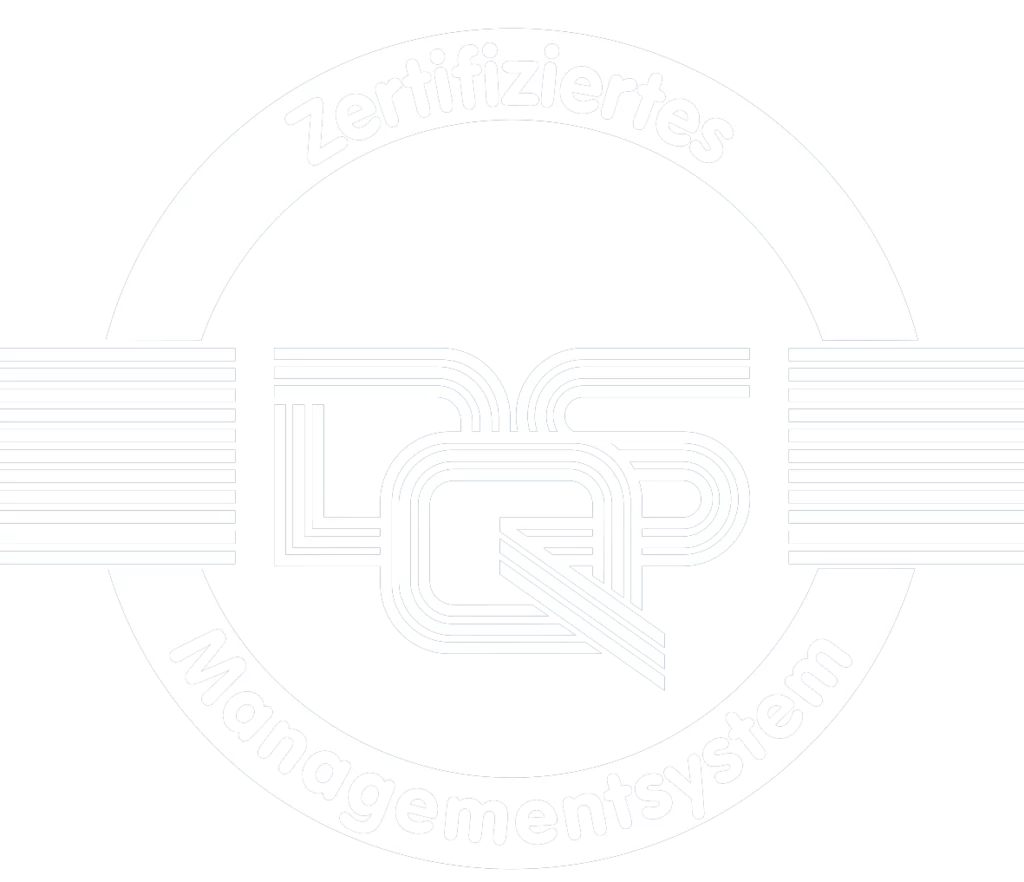Within today’s rapidly-growing tribe of aspiring programmers, literature graduates are often among the shyest, most likely due to the field’s ‘scientific’ or ‘mathematical’ connotations. In truth, not only is it perfectly possible – even fairly common – to learn coding without knowing the first thing about quadratic equations or the periodic table, there are also some very precise skills that literature students possess which happen to translate more or less directly into coding.
To be exact, there are three soft skills and one hard skill which are specific, if not unique, to coders with a literary background. Today we are going to tell you what they are.
Essay-writing skills are largely about expressing complex notions clearly and in a way that makes sense to everyone. A common misconception paints programmers as reclusive nerds working in their basement by themselves, when in reality they almost always work in teams and are part of a broader community. Writing a program is not the same as writing an essay, clearly, but the general principles of what makes a line clear and easy to read are the same. Indeed, one of the key principles of Tim Peters’ Zen of Python is ‘Readibility counts’ – and the very fact that Peters felt it necessary to make this explicit speaks volumes about how uncommon the skill is.
Code is usually also furnished with commentary, or responds to input by returning textual messages (eg. a pop-up informing you that there’s been some kind of error). Knowing how to write these as efficient and expressive can make the difference between you or your client clocking out from the office at five p.m., or staring at a monitor after midnight trying to figure out what went wrong with your code.
This one should be obvious. More than probably anybody else in the world, literature students are trained in a.) close reading, and b.) meticulous attention to spelling. Predictably, this combination makes them natural debuggers. The task of trawling through code to find the spot where a variable was misspelled can be reduced from hours to minutes – if not preempted altogether – provided that the programmer has solid training in these skills.
Related to the above, but effectively a separate quality, all literature students have cultivated a monastic patience face to difficult texts. True, sometimes this patience needs to be ‘rediscovered’, particularly if one has never coded before and even a language as simple as Scratch feels alien and inscrutable. But trust me – if you can handle James Joyce’s Ulysses or Dante’s Divine Comedy, then you can unquestionably manage code. (Incidentally, it may be helpful for the literary types to look at something like Pablo de Haro’s fantasy story written in code to get a feel for what it’s like to read in this language and understand its ‘narrative’).
I sometimes hear it said, that since literature students study language, and programming is about learning languages, then their skills are certainly transferrable. While this argument certainly sounds neat, the truth is unfortunately quite a lot more complicated.
Literature students absolutely possess one sophisticated skill that can give them a giant leg-up when learning to code – one so specialistic that it does not have a name or a simple description. If not properly deployed, however, this same skill could turn into a double-edged sword and hinder rather than assist their progress.
I am talking about the ability, methodically sharpened through the practice of poetic analysis, to flexibly and intuitively process complex textual structures; to see a text not as a plain sequence of words forming a message, but as a whole that is greater than the sum of its parts.
Such an ability represents a massive advantage because all code is fundamentally just that – text which is arranged in terms of a structure that is both specific and complex. Literature graduates will still have to learn the specific syntax of their programming language(s), of course, but as soon as it clicks that they are dealing with functions expressed in dynamic text, they themselves are likely to be astounded at how easily they can read and write it.
At the same time, precisely because it is so intimately related to poetry analysis, this ‘superpower’ is very difficult to exploit without unwittingly adopting a particular mindset – one that is actually at odds with the discipline of programming. This is the tendency to view words as ambiguous objects which can mean multiple things at the same time. Here is where programming languages, with their strictly-defined variables and unambiguous terms, critically differ from anything studied in literature.
Learning to let go of this ‘multiple meanings’ mindset, while retaining the ability to intuitively read text in terms of its structure, is the most difficult challenge for literature students who wish to learn coding – but it is also by far the most rewarding, and the most likely to unleash their true potential. Anyone who studied literature to a certain level will be equipped with a set of useful soft skills to learn coding and one hidden superpower. Unlocking that superpower is not the simplest of tasks, but once you do – and literature students will agree, that the figure of speech is ironically appropriate – you are going to fly.
Weiskopffstraße 16/17
12459 Berlin
Germany
